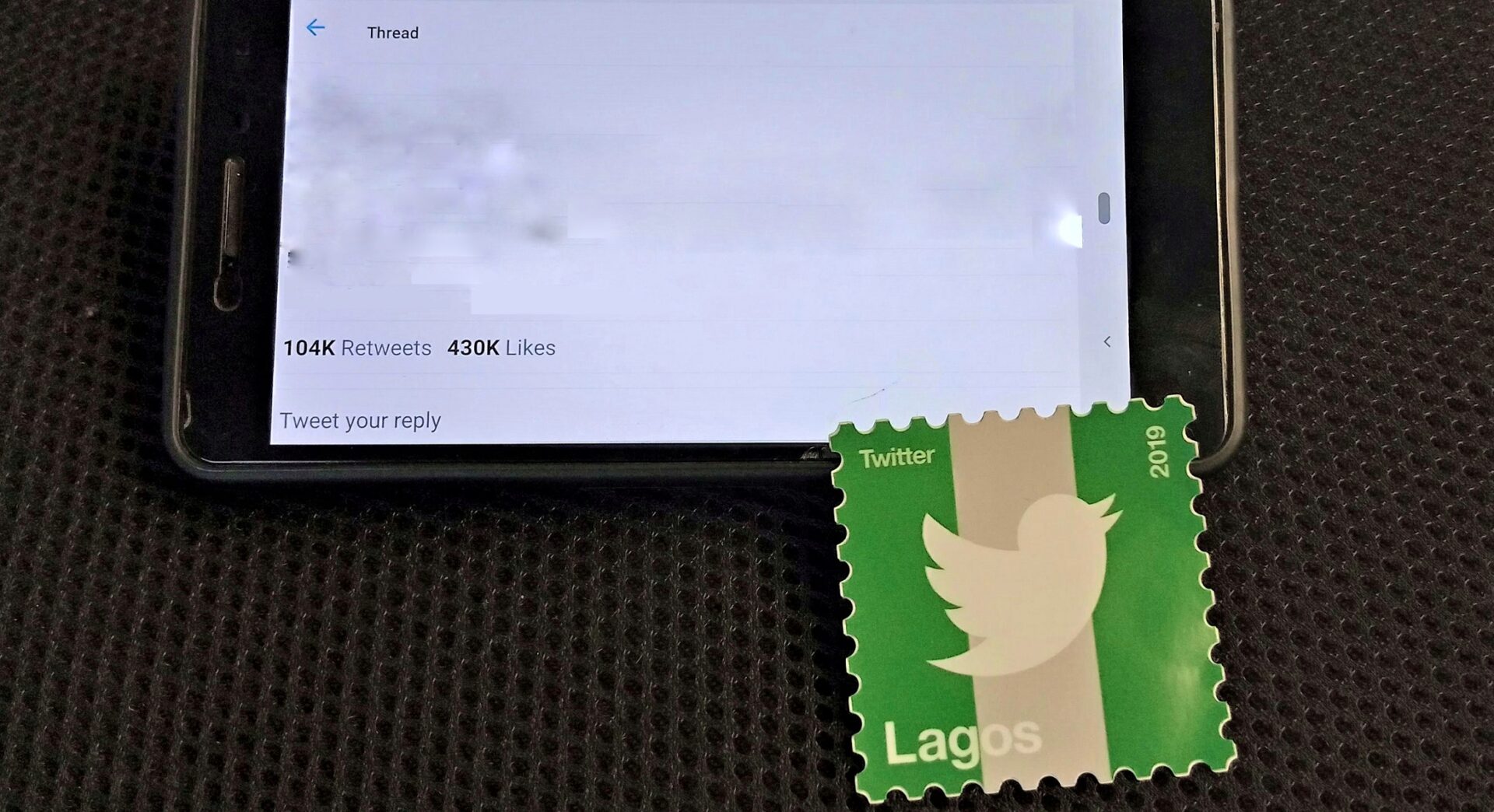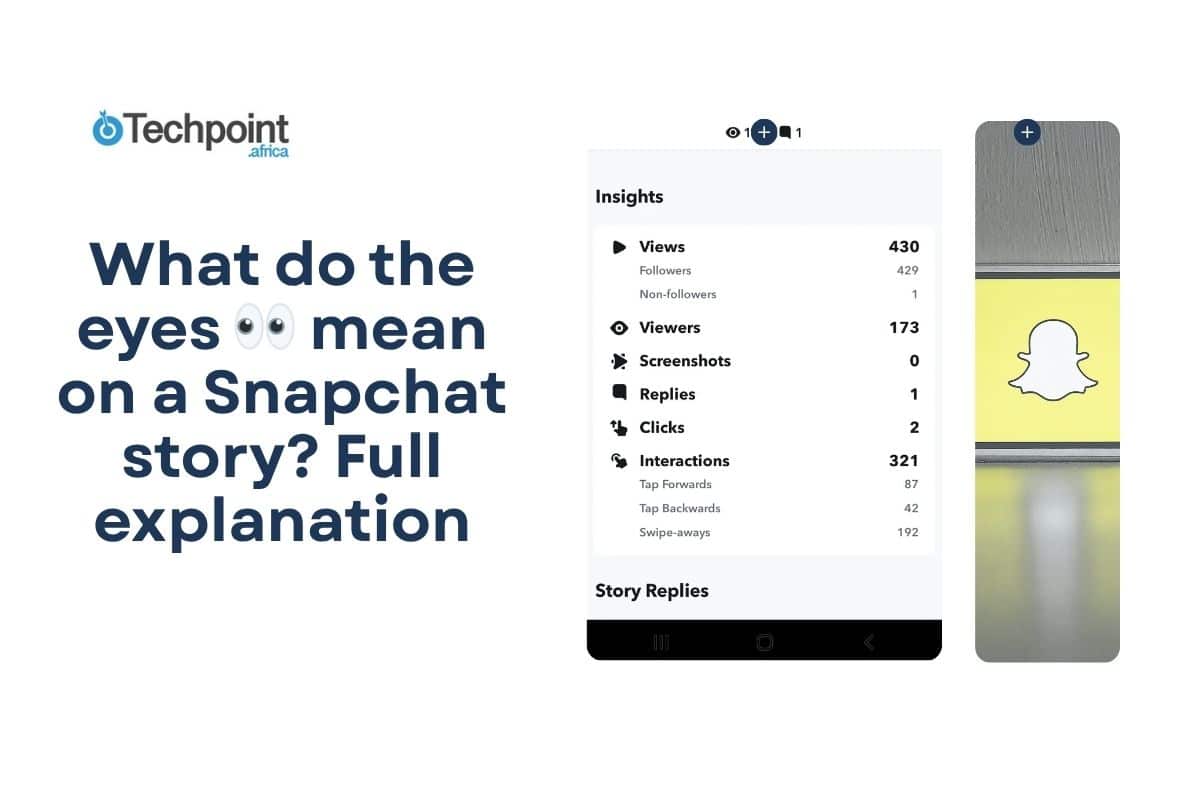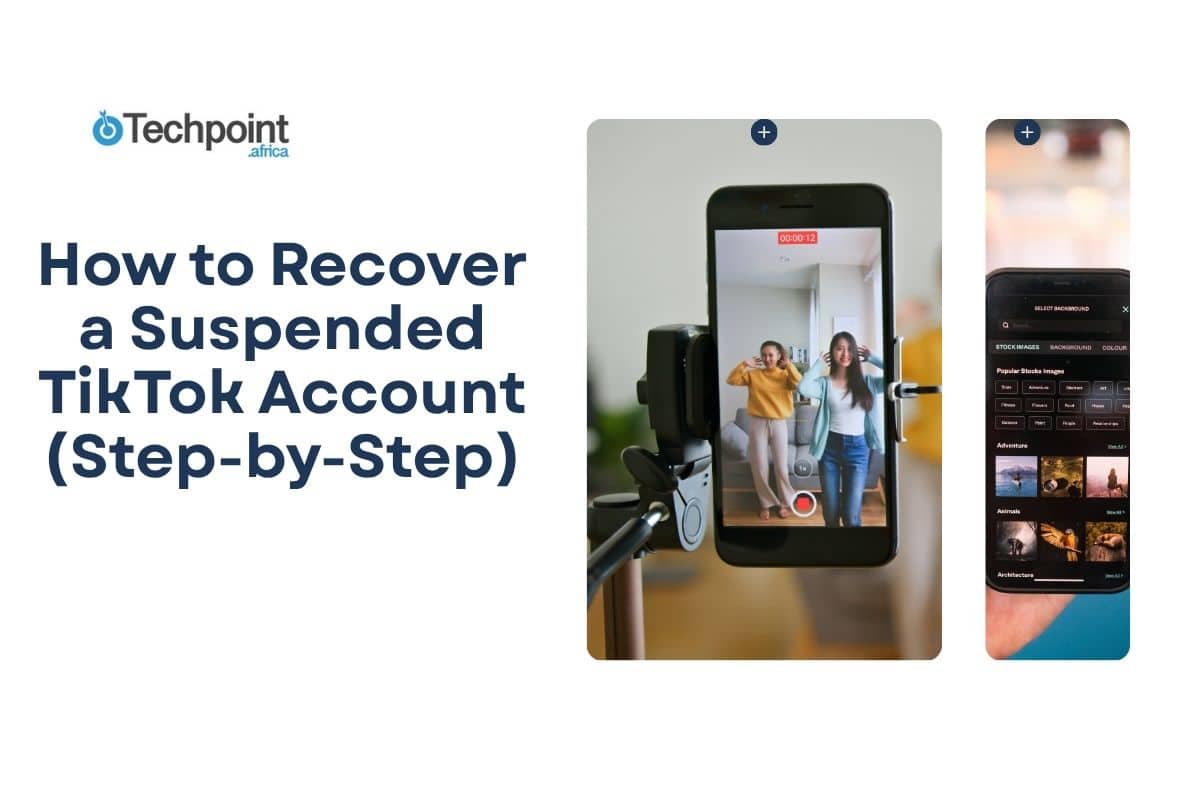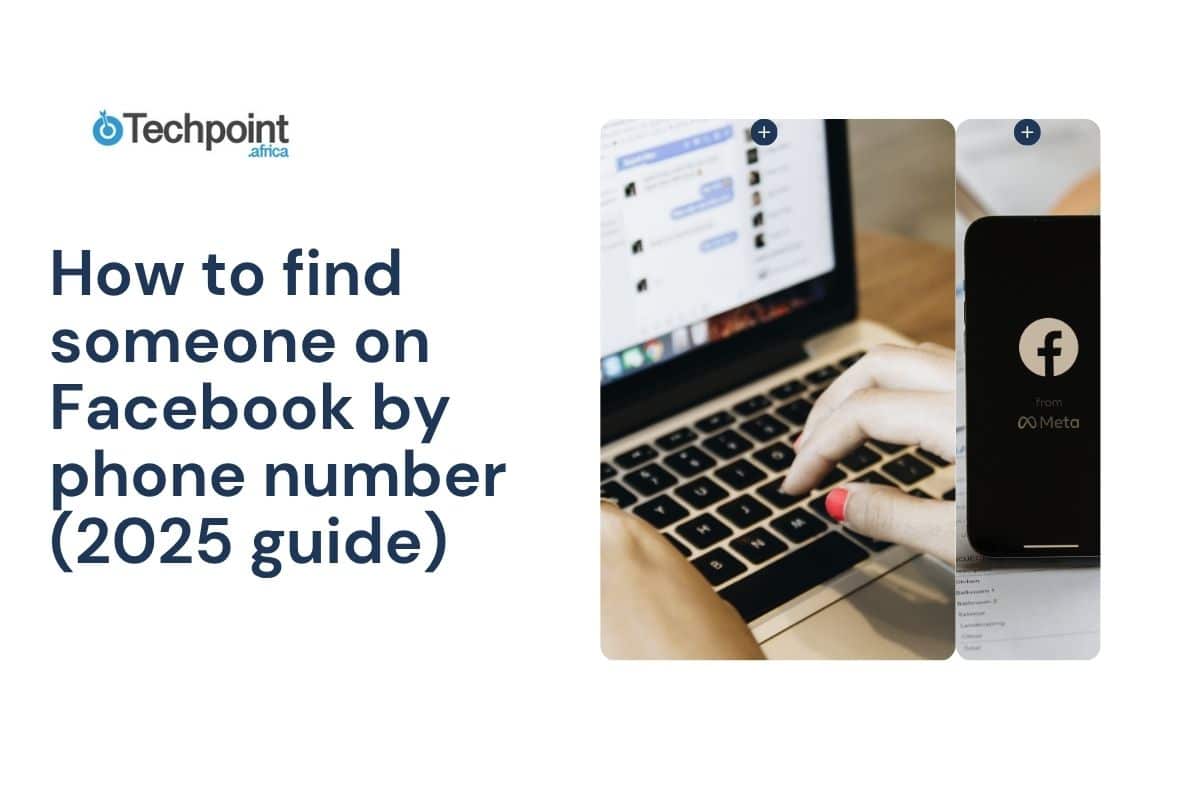The Federal Government of Nigeria has finally lifted the country’s 7-month old Twitter ban. From the details of the agreement, the microblogging platform has agreed to some conditions which must be fulfilled before Q1 2022 ends.
Twitter has shown a willingness to register as a company in Nigeria, appoint a country representative to act as a liaison between the company and the Federal Government. In addition to enrolling Nigeria in its Partner Support and Law Enforcement Portals, the company has also agreed to applicable tax obligations on its operations under Nigerian law.
Users’ reactions
Since the announcement…
… many Nigerians are happy about the development…
…while others are either indifferent or sceptical.
For all it’s worth, VPN companies might miss Nigerians…
…or the other way round.
Notes for concern
While the implications of the ban are evident -— disruption of livelihoods, infringement on human rights, and other economic and social impacts — it remains to be seen who the losers and winners will be following this agreement.
It is, however, necessary to note that Twitter’s compliance could mean that it is obligated to take down tweets on authorities’ orders, divulge sensitive user information, or have its staff or executives punished if the company doesn’t comply with Nigerian laws.
This, invariably, will see the social media platform share the same fate as telcos and broadcasting outfits under the regulations of the Nigerian Communications Commission (NCC) and the National Broadcasting Commission (NBC). Going by recent cases, it is commonplace to find these organisations severely sanctioned for violating rules with grey areas.
Local telecommunications companies are unlikely to push back when orders clearly violating citizens’ fundamental right of access to information are given. Ordinarily, this does not apply to social media sites because they are not under their jurisdiction.
Even though it seems the company might be giving the government too much discretionary power, it chose to negotiate rather than go the litigation route, as was the case in India.
A flawed precedent?
If any other country has given Twitter a hard time, it’s India. The repression started early in 2021 when, on the premise of promoting free speech and privacy, Twitter restored the accounts of some journalists and media organisations that the government gave the order to deactivate or suspend. Asides from that, the company failed to comply with the country’s IT rules. In the months that followed, Twitter ran into more problems with the government, leading to the police visiting the company’s office in India to serve a notice.
By July, Twitter agreed to comply with all government conditions following a legal suit fully. The court directed Twitter to issue a statement saying it intends to abide by the rules.
India made a scapegoat of Twitter, which became an example for other Big Tech companies. As the government argued, Twitter has lost legal immunity for users’ posts in India. Could this be the Nigerian government’s plan?
If anything, strong-arming is common with governments that have shown authoritarian traits in the past and global company compliance might only fuel it.
Far from over: Possible tales of ‘once again’
While China is considered the region with the strictest Internet shutdowns, Africa is often regarded as the most volatile environment for social media. Sub-Saharan Africa’s history of Internet shutdowns dates back to 2007 with Guinea, and it was only a matter of time before other countries followed suit, with Nigeria joining the trend in 2020.
Currently, 32 of Africa’s 54 countries have restricted access to the Internet for similar reasons ranging from protests to strikes. Elections, national security, and examinations also present opportunities for restrictions. Specifically, shutdowns have proven to be one of the government’s tools to control information and communication.
It thus appears that a successful Internet shutdown in a country might result in many more. Ethiopia, for instance, has had 12 Internet shutdowns, and as of 2020, Chad had accumulated almost two and a half years of Internet disruptions within five years.
While circumventing social media censorship with VPNs appears to be the easiest way out, the issue of privacy and free speech are still cause for worry. Only time will tell if there will be more cases.
https://techpoint.africa/2021/02/26/sub-; there-africa-internet-shutdown-loses/











